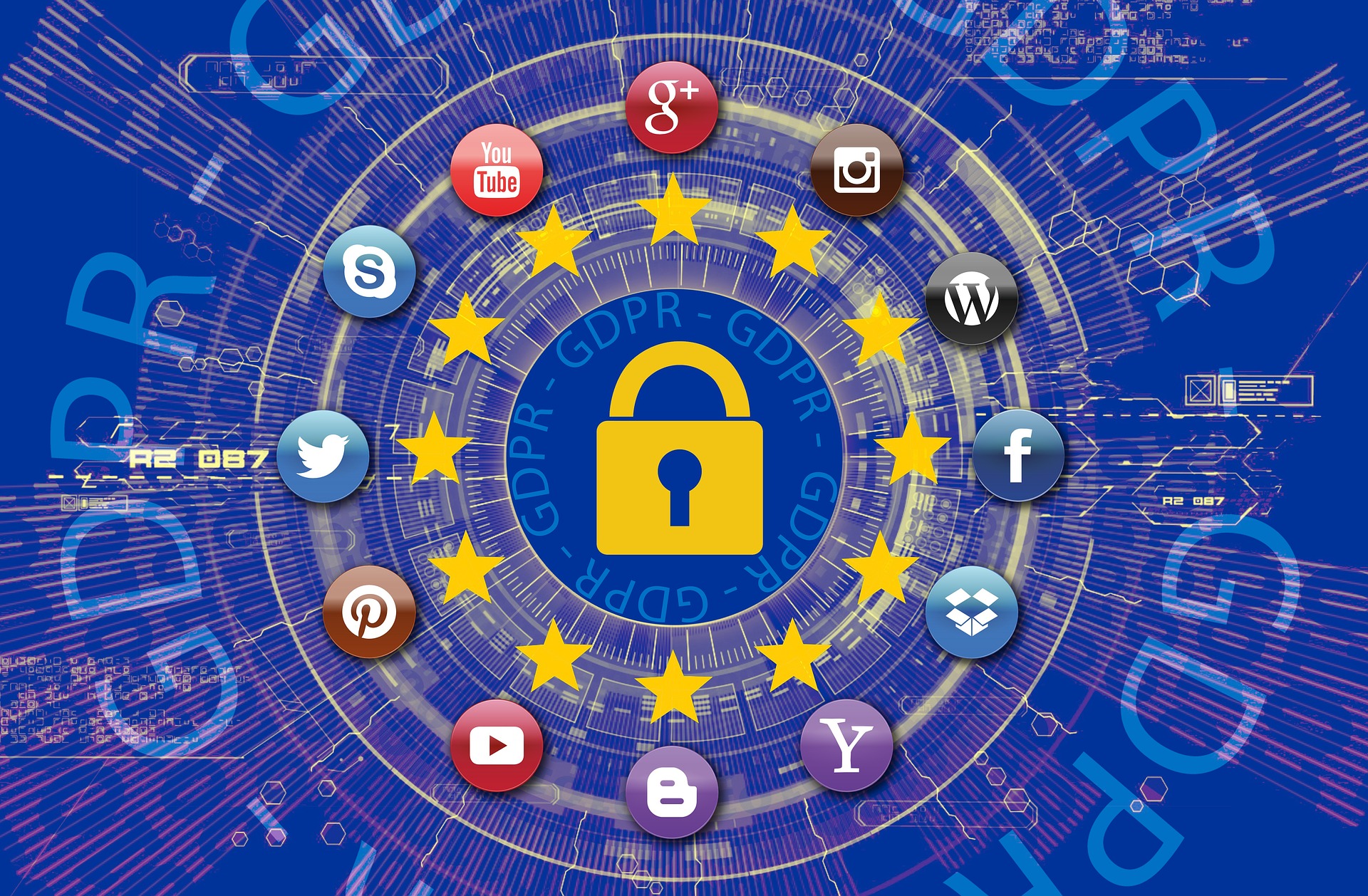
In today’s digital age, maintaining online privacy has become more challenging than ever. With tech giants tracking user data, governments increasing surveillance, and cybercriminals constantly looking for vulnerabilities, the concept of true online anonymity is under threat. While many people rely on VPNs, encrypted messaging, and anonymous browsers to protect their digital footprint, how effective are these tools in 2025? This article explores the state of online privacy, the risks to personal data, and the best strategies to stay anonymous online.
The Biggest Threats to Online Privacy
1. Data Collection by Big Tech
Tech companies such as Google, Meta, and Amazon collect vast amounts of user data to personalize ads and improve their services. While this data collection is often marketed as enhancing user experience, it also means that individuals have little control over their personal information.
How They Track You:
- Cookies and Tracking Pixels: Websites track your browsing habits.
- AI and Behavioral Analytics: Predict your future purchases and interests.
- Always-On Devices: Smart assistants like Alexa and Google Home record voice interactions.
How to Minimize Exposure:
- Use privacy-focused search engines like DuckDuckGo.
- Regularly clear cookies and browsing history.
- Opt-out of personalized ad tracking in your device settings.
2. Government Surveillance
Many governments justify digital surveillance in the name of national security. From mass data collection programs to social media monitoring, authorities have broad access to personal information.
Notable Surveillance Programs:
- China’s Social Credit System: Tracks citizens’ behaviors online and in real life.
- NSA’s PRISM Program (USA): Monitors internet communications globally.
- EU’s Data Retention Laws: Require ISPs to store user data for authorities.
Protect Yourself:
- Use end-to-end encrypted messaging apps like Signal.
- Choose VPN services that do not log user activity.
- Avoid sharing personal data on social media.
3. Cybercriminals and Identity Theft
Hackers exploit data leaks, phishing scams, and unsecured Wi-Fi networks to steal personal information. Identity theft can result in financial loss, legal issues, and reputational damage.
Common Cybersecurity Threats:
- Phishing Attacks: Fraudulent emails that trick users into revealing passwords.
- Ransomware: Encrypts files and demands payment for decryption.
- Data Breaches: Large-scale leaks from companies exposing user information.
Preventative Measures:
- Enable two-factor authentication (2FA) on all accounts.
- Use password managers to create and store complex passwords.
- Avoid public Wi-Fi without a VPN.
Tools for Enhancing Online Privacy
1. Virtual Private Networks (VPNs)

A VPN encrypts your internet traffic, masking your IP address from websites and hackers.
Best VPNs for 2025:
- ProtonVPN: Swiss-based, strong privacy policies.
- Mullvad VPN: No-logs policy, anonymous payment options.
- NordVPN: Secure and user-friendly.
2. Private Web Browsers
Not all browsers prioritize privacy. Using the right one can significantly reduce data tracking.
Best Privacy-Focused Browsers:
- Tor Browser: Routes traffic through multiple nodes for anonymity.
- Brave: Blocks ads and trackers by default.
- Firefox (with privacy settings enabled): Customizable for enhanced privacy.
3. Secure Messaging Apps
Many messaging apps claim to be secure, but only a few offer true end-to-end encryption.
Top Private Messaging Apps:
- Signal: Open-source, fully encrypted, does not store metadata.
- Element: Uses the Matrix protocol for decentralized communication.
- Threema: Swiss-based, collects minimal user data.
Debunking Privacy Myths
Myth 1: “I Have Nothing to Hide”
Even if you don’t engage in illegal activities, privacy is about protecting your rights. Without control over your data, companies and governments decide how it is used.
Myth 2: “Incognito Mode Keeps Me Anonymous”
Incognito mode prevents local browsing history storage but does not hide your activity from your ISP, employer, or websites you visit.
Myth 3: “VPNs Make You Completely Anonymous”
VPNs protect your connection, but if you log into social media or use Google services, your activities are still tracked.
The Future of Online Privacy
1. Decentralized Internet (Web3)
Web3 aims to create a more private and decentralized internet using blockchain technology. Services like decentralized social networks and identity management tools reduce reliance on Big Tech.
2. AI and Privacy Automation
Future AI-driven privacy tools will help users detect and block trackers, secure their digital footprint, and automate data deletion requests.
3. Stricter Privacy Laws
As concerns about online privacy grow, governments worldwide may implement stricter regulations to protect users. However, enforcement and loopholes remain key challenges.
Conclusion
True online anonymity is increasingly difficult to achieve, but by understanding privacy threats and using the right tools, you can significantly reduce your digital footprint. From VPNs and secure browsers to encrypted messaging and better online habits, taking control of your privacy is more important than ever. In the future, as Web3 and AI privacy solutions evolve, individuals may regain more control over their personal data—but vigilance and proactive measures will always be necessary.